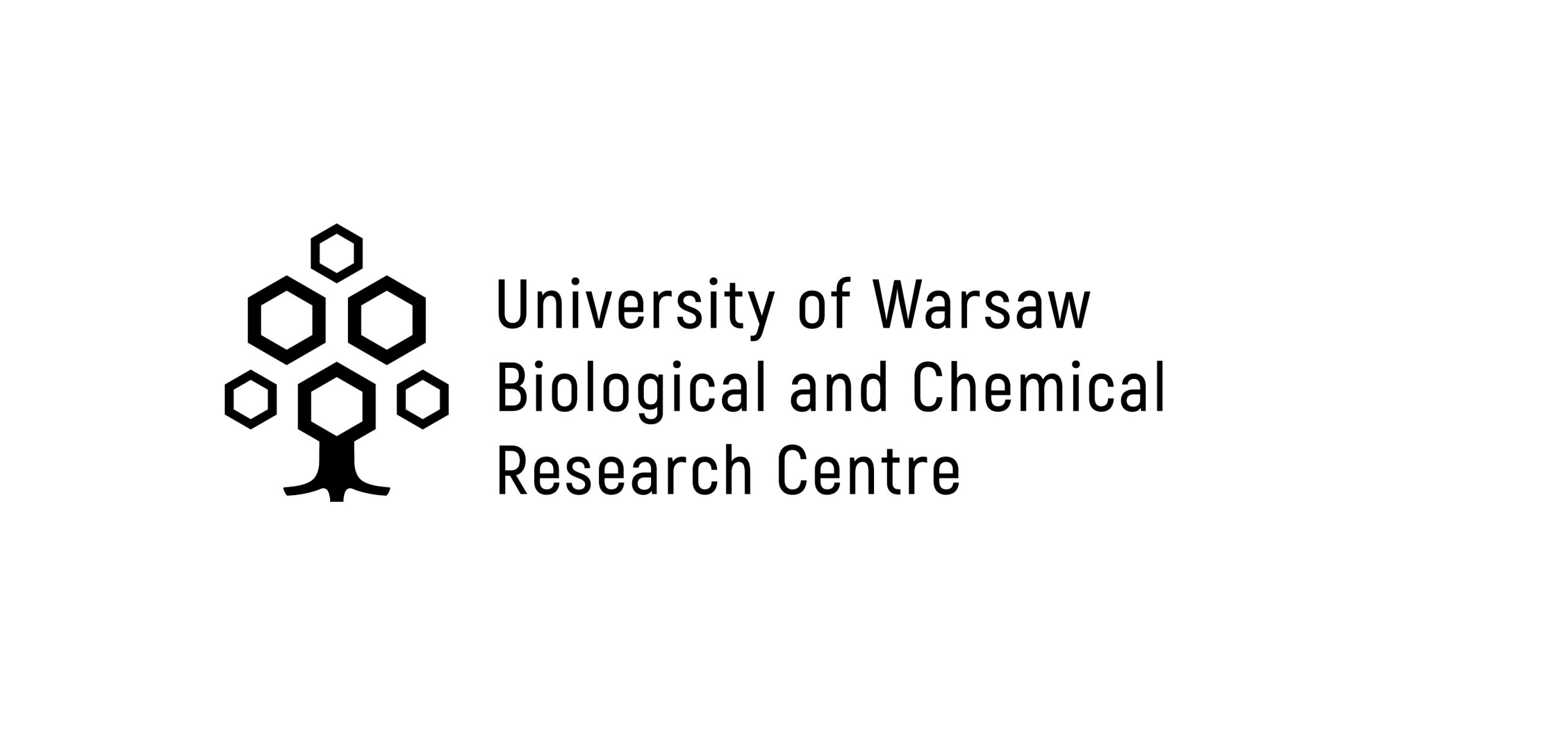Laboratory for Advance Structural and Electrochemical Studies of Functional Materials
Description of the Group
Electrochemistry, inorganic and analytical chemistry, nanomaterial chemistry
- Alternative energy sources, low temperature fuel cells, supercharge capacitors, solar cells
- Electrochemical and photoelectrochemical conversion of carbon dioxide to simple organic fuels,
- Electrocatalysis, bioelectrocatalysis.
- Mechanisms and kinetics of charge transport in solid materials showing redox properties, accumulation and controlled electron transfer capability
- Electrode processes in systems incorporating cross-linked nanoparticles of precious metals and transition metal oxides and carbon nanostructures (e.g. graphene)
- Design and physico-chemical characterisation of advanced materials with a specified organisation and functionality for alternative energy sources and other applications
- Structure and reactivity of hybrid electrocatalytic, bioelectrocatalytic and photoelectrocatalytic layers
- Hierarchically organised systems (“nano-reactors”) capable of rapid, controlled and induced (catalysed) transport of charge for possible use in low temperature fuel cells or for photogeneration of energy.
- Catalytic and electrocatalytic materials
- Corrosion protection
- New measurement and diagnostic concepts for chemical electroanalysis
- Amperometric sensors and biosensors
Offer
- Preparation and physico-chemical characteristics of materials for the needs of electrochemical charge capacitors and thin-film high-power batteries; catalysts for hydrogen power generation, in particular low-temperature hydrogen- oxygen cells; electrode materials of low- temperature (electrolytic, photoelectrochemical) conversion of carbon dioxide to simple organic fuels
- Development of sensors or amperometric biosensors for selective determination of selected reagents
Team Leader
Scientific interests of Professor Paweł J. Kulesza involve electrochemistry, material chemistry and analytical chemistry. In his works he uses functional nanostructured materials for the purpose of accumulation and processing of energy (chemical, solar) and environmental protection. His body of work encompasses nearly 250 publications. He is also the author of scientific monographs, review articles, and patents. He has realized more than 15 grants and scientific projects. He presented the results of his research at over 500 conferences in Poland and abroad. He is the editor of Electrochimica Acta (Elsevi-er) and a member of the editorial committees of the Journal of Solid State Electrochemistry, Electrocatalysis and Russian Journal of Electrochemistry (Springer). He is a correspondent member of the Polish Academy of Sciences and a member of the board of directors of the Electrochemical Society (USA).
